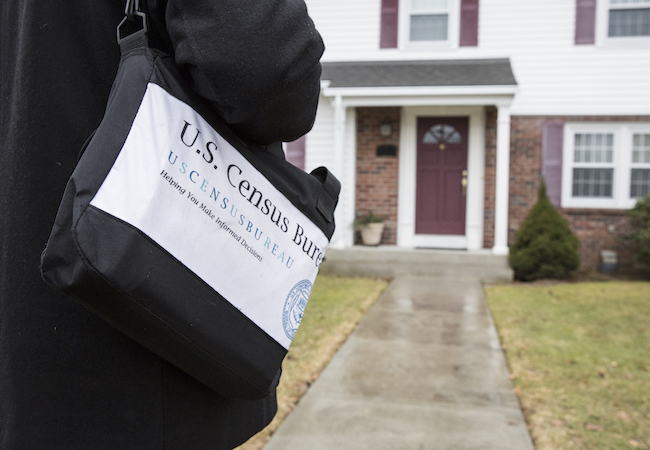2020 is the perfect year to help your students become citizens. No, really.
January 9, 2020
In 2020, young people will get a clear look at how individual actions can shape government and policy, and how these affect their lives in tangible ways.
Debates about health care, climate change, gun violence, education funding, and taxes will give way to voting in the Democratic presidential primaries. After a year of wrangling over questions about US citizenship, the Census Bureau will start counting this summer. In the fall, local, state, and federal offices will all be on the ballot. The margins of the presidential contest could re-open debate about the Electoral College.
Penn GSE’s Sigal Ben-Porath says schools can be the place where Americans learn to talk about these issues and listen to one another — if educators are bold enough, and well supported, to let students be engaged citizens.
“I really think if there is hope for democracy, one of its anchors is our public schools,” Ben-Porath said.
It takes preparation and reflection to put the events of 2020 into a lesson plan, or to usefully incorporate breaking news we can only guess at today. Here are some suggestions on where to start.
Focus on actions
Around the world, young people are taking the lead on issues like gun violence prevention and climate change. Use their example to show that civic engagement is not a spectator sport, and that a sustainable democracy calls for active engagement that is not confined to a voting booth.
Some school districts are permitting absences for protests and walkouts. Teachers in every subject can design projects that incentivize, encourage, or require students to find a way to participate in our democracy. Among the options:
- Research your representative’s stance on an issue, and write to encourage them to take action on that issue. If a branch of local government meets during the day, take a field trip to a session – read the agenda ahead of time in class, and plan to engage.
- Have your students follow an election in 2020. It could be local, state, or national. What are the candidates’ positions on the issues your students care about most? What issues aren’t being discussed? If it’s a local race, challenge your students to find ways to get their issues on the agenda.
- Have students explore advocacy groups that are working on issues they care about. What tactics are these groups using? Who is funding them? If the group accepts donations, does it use them well?
A goal of this exercise is to help students cultivate a civic identity for themselves. Taking a stance should be encouraged. As an educator, you can give students the tools they need to make sure their emerging viewpoints are based in facts.
Let the Census work for you
The U.S. Census won’t draw the same attention as the race for the White House, but it’s arguably our country’s biggest civic project. Students who are still too young to vote get counted. And their participation will shape representation, federal spending, and, ultimately, public policy, for the next decade.
For teachers who are concerned about having overtly political discussions in the classroom, building lessons around the Census and the many ways it influences the country is a good way for teachers to touch on these divisive issues. Some states have developed lessons like “Count Me In,” which can be used in STEM as well as English and history classes.
Create a plan for talking about the impeachment trial
Regardless of the outcome, an impeachment trial would be a historic moment for our country.
Students of all ages will be paying attention, and they will have thoughts, opinions, and questions. If educators and schools ignore this reality, they’re ignoring our kids’ curiosity.
Here are some ideas for where to start.
Don’t project adult fears onto kids
You probably know adults who have had relationships strained by political differences. You might even be one. Don’t assume that students will be torn apart in the same way.
Kids from different backgrounds and with different beliefs play on the same sports teams, join the same clubs, and ride the same buses. They relate to one another on different levels. And they are still curious to learn more about themselves and each other.
Students might actually be more ready to talk politics than the adults in their lives. Which is why this is the year to invite them into the conversation.


